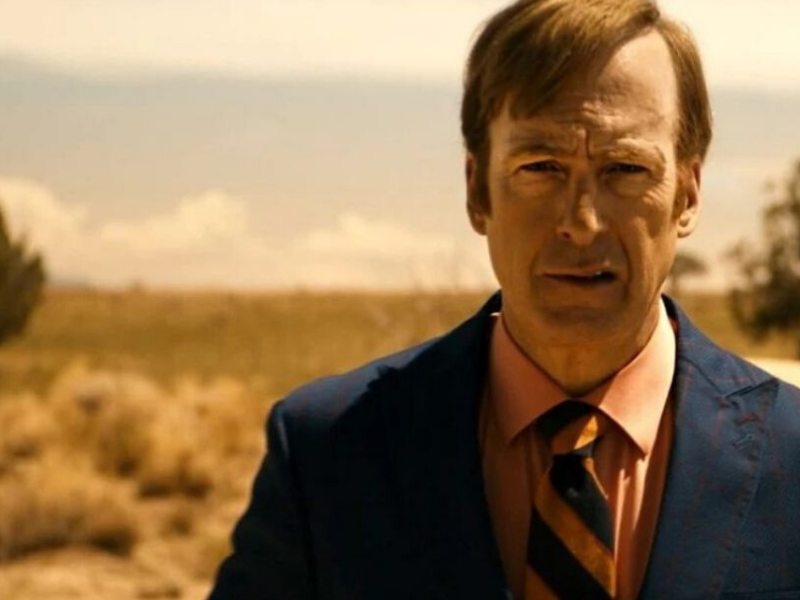The Dial of Destiny
Dominic Thomas
Nov 2023 • 2 min read
The dial of destiny
If you haven’t seen already, Indiana Jones is back for a last crusade. The fifth and final chapter in the Professor Jones diary brings us up to date in 1969. I won’t spoil the story for you, (I quite enjoyed it) but it serves as a prompt for our desire to alter history and explore the “what if?”…
The ‘mystical tool’ that we use here isn’t that mystical at all. It’s software, in fact it’s various pieces of software which allow us to plan forwards and make adjustments, whilst learning from history, through the rather more mundane elements of historic rates of returns, inflation, economics and investor behaviour.
The new film uses some amazing software too, making Mr Ford look rather like he did way back in 1981 when Raiders of the Lost Ark was made. Sadly, our software doesn’t make us look younger! I’ve come across some tools which make someone look older and one pension company thought that this would be a good tool to use to help young people think about their retirement, I struggle to believe it would.
As with most stories of this theme or perhaps genre, the ability to change the past is very enticing, particularly if the present is not as you had hoped and you lack optimism about the future. The climate and global leadership crisis may well prompt these types of feelings. How wonderful it would be to go back in time and adjust some things. It’s a very tempting offer, but of course one that is nothing more than wishful thinking. We all live with the consequences of combined actions, our own and those of others. Perhaps this is more about accountability (or the lack of it) than any real notion of changing the past.
Anyway, back to your planning. Together, we can imagine different futures; consider different scenarios for you. That might be retiring earlier than planned, moving home, gifting money, starting a business or selling one – frankly the list is lengthy and limited only by your own expectations and hopes for the future.
However all our planning, irrespective of the state of the world today, hangs on the premise of optimism. The belief that investments will, over time, gain in value, because you are investing in companies that provide goods and services that society, whatever it looks like, wants, needs and requires. Investing is for the optimists, not the pessimists. If you sincerely believe that tomorrow will be worse than today, then investing simply isn’t for you. In that sense investing is like gardening … planting in the hope of tomorrow. We may be mindful of a changing climate and plant differently, but we do so in the hope of tomorrow.

